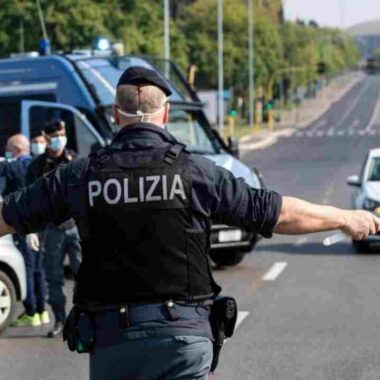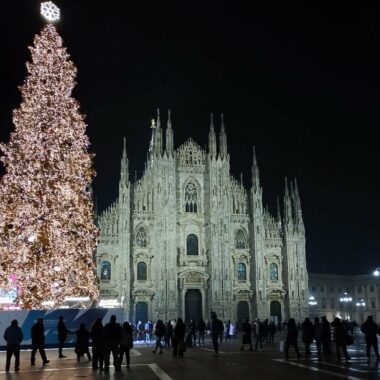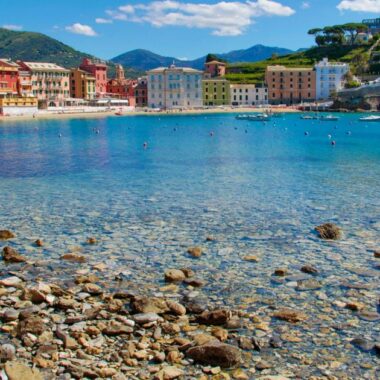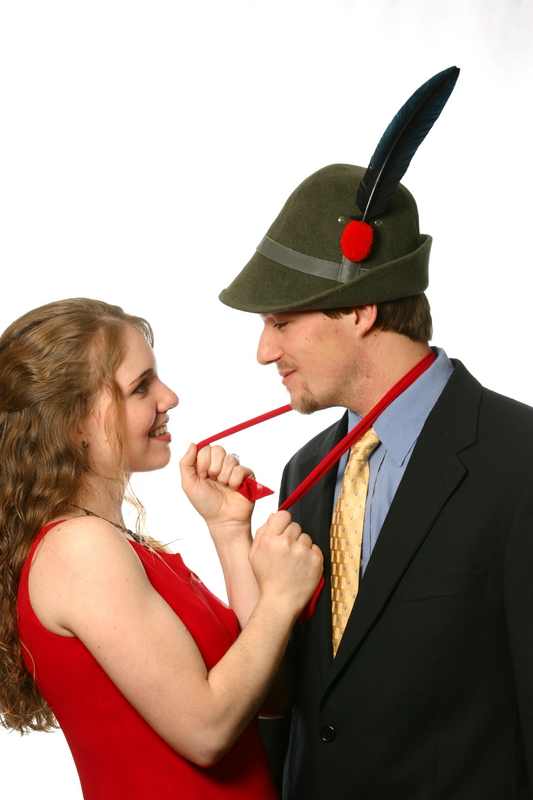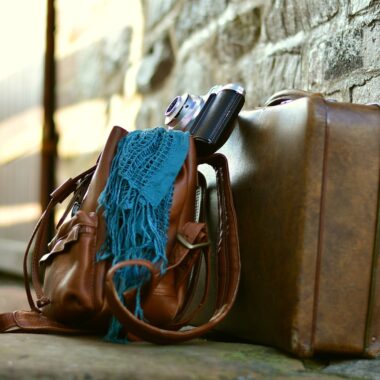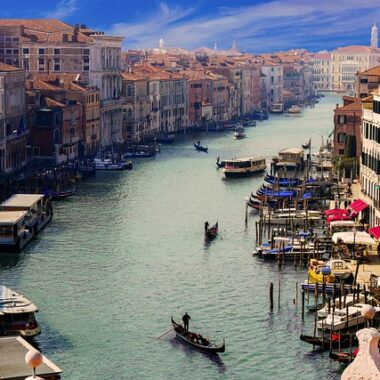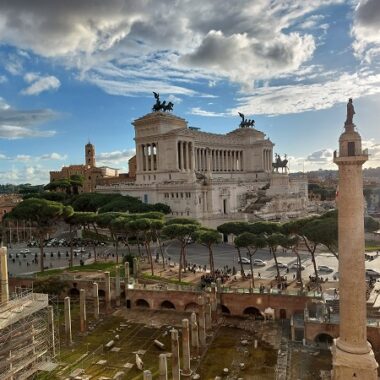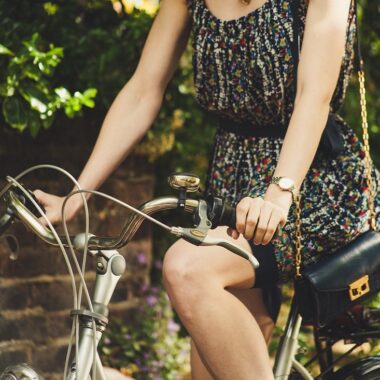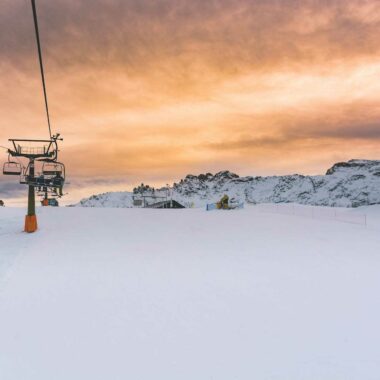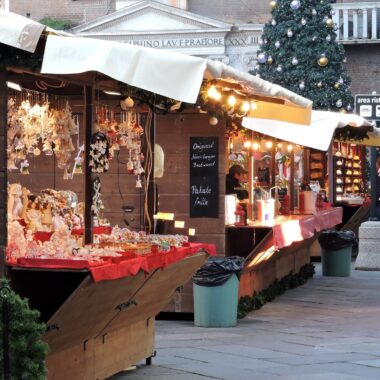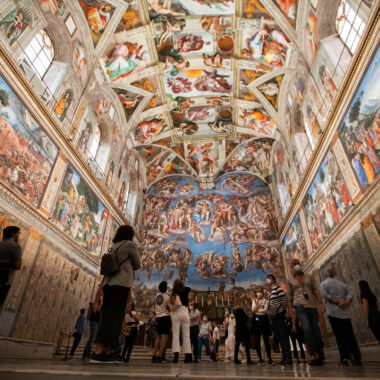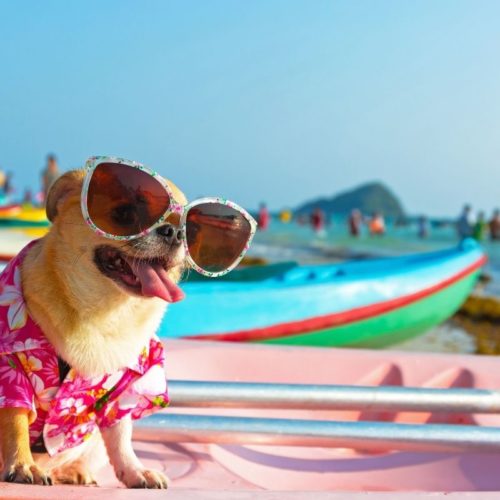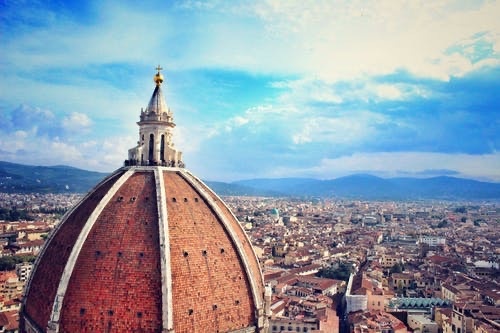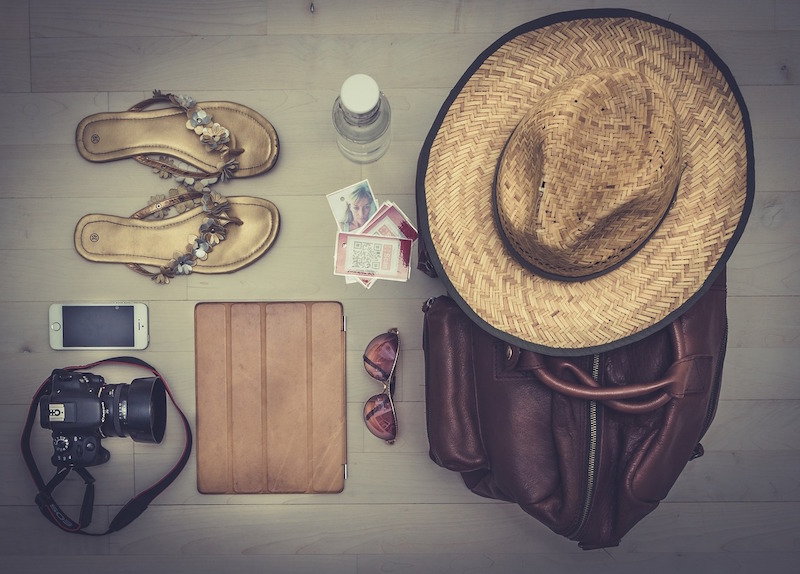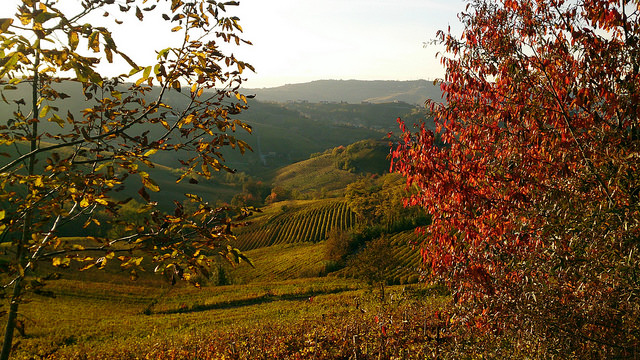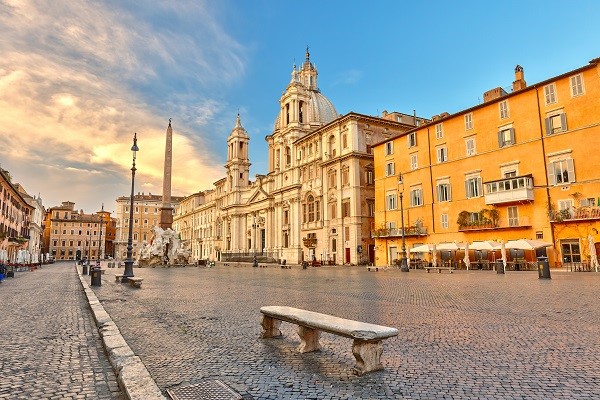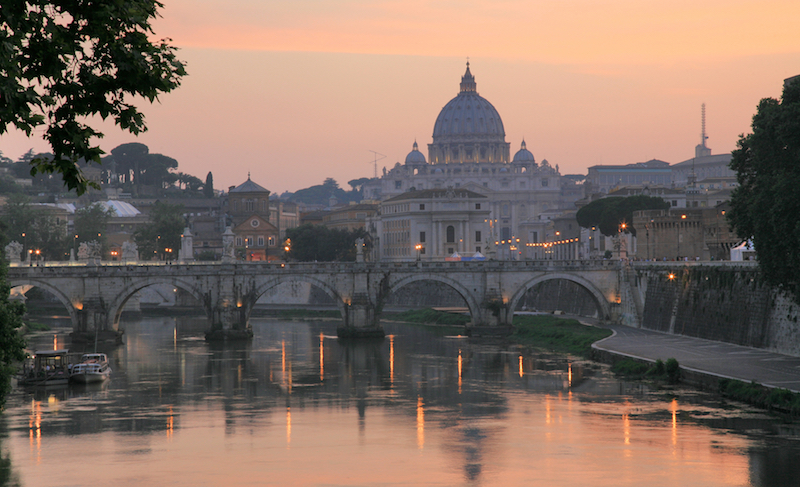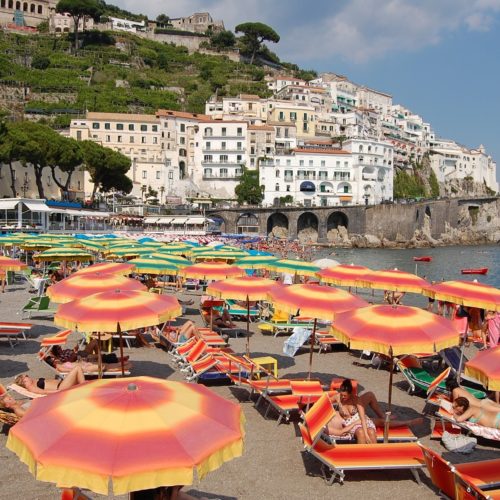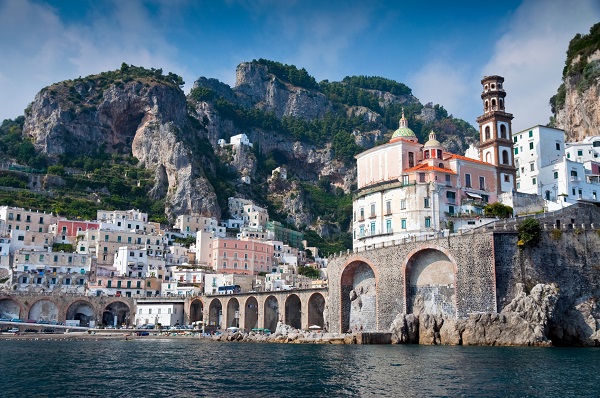Are you going to travel or stay in Italy? Here is a list of useful things that only a native born and raised in Italy would know.
Surprises
- Not all places allow photographs, especially museums which often retain sole rights to photograph their works. Flash photography is especially frowned upon.
- Italy may be tourist friendly and known for fashion, but it is generally considered rude to walk around town in bikinis, beach attire and skimpy outfits.
- Don’t expect to find a drycleaner in the Tuscan countryside as laundry facilities are hard to find outside large cities.
- Returning or exchanging an item, even if it is flawed, is uncommon in Italian stores.
- Italy has only started becoming handicap-accessible. Wheelchair access to restaurant bathrooms is almost nonexistent, ramps are rare, elevators in old buildings are uncommon, and buses in general are not wheelchair-compatible.
- Sunbathing topless is common on beaches in northern and central Italy, however it will most likely lead to stares and catcalls when done in the more conservative and traditional south.
- While Italy is very hospitable, keeping children entertained can sometimes be difficult. Hotels often don’t have pools or videogames and almost nothing on radio and television is in English.
Health and Safety
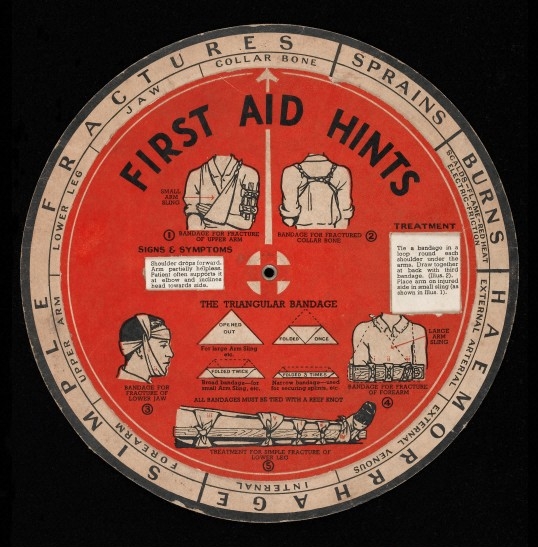
- It is best to travel with your own medication. Aspirin is common, Tylenol and Advil are not. Ask for an Ibuprofen (Advil active ingredient) as a pain reliever.
- If there is an emergency dial 113 or 112. They are the Italian equivalent of USA’s 911 and UK’s 999.
- If in distress yell AIUTO (pronounced ay-you-toe), which is Italian for HELP!
- Serious crime is rare, however pickpockets and purse snatchers are common in large cities.
- Commessi (store clerks) are notoriously rude: do not expect them to smile if you want to try on more than three pairs of shoes (only exception to this rule is if they are trying to flirt with you).
Dining
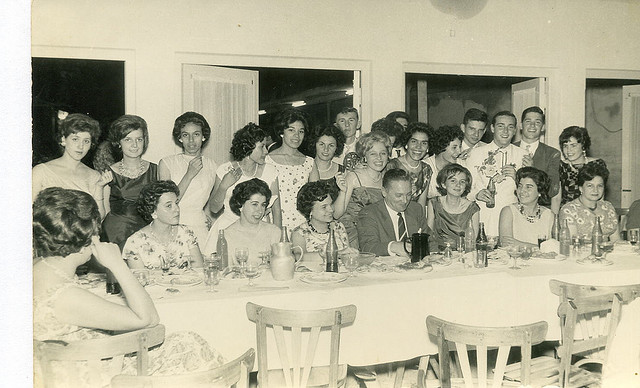
- Italian tap water is sometimes heavily chlorinated so it is best to drink bottled water. Mineral water is available in all flavors: gassata (bubbly), naturale (non-bubbly), and semi-gassata like Ferrarelle (somewhere in between).
- Italians usually order their food as it is on the menu, seldom making special requests such as “hold the mayo”.
- Spaghetti, virtually the national food of Italy, should be eaten with a fork rolled against the dish. Use a spoon if you must, but cutting your food up into little pieces is considered tacky.
- Cappuccino and ‘cornetto’ is the standard breakfast in Italy – forget sausages, eggs, and etc .
- Don’t wait for the check you must ask for it.
- Tipping is done with cash. ‘Servizio’ is included but a small tip is always appreciated.
- Restaurants might expect you to order two courses, not counting dessert. But usually you’re free to order as much as you want.
- If you want a quick bite, stop at a pizzeria.
- Breakfast is usually served from 7 am to 10:30 am, lunch from 12:30 pm to 2:30 pm, and dinner from 7:30 pm to 10 pm. Peak lunch and dinner hours are 1pm and 9 pm.
- There are few restrictions on alcohol. It can be purchased 6am-3am on any day. Minimum drinking age is officially 16 but it is never enforced. Italians often start drinking wine mixed with water in their early teens, if not younger.
- Italian drinks are almost always shaken not blended. Mixed drinks are also very popular.
- If you want ice in your drink you have to ask for it.
- Children’s menus are almost unheard except in tourist areas. You must ask for a half portion.
- Business lunches are more common than working dinners.
Driving
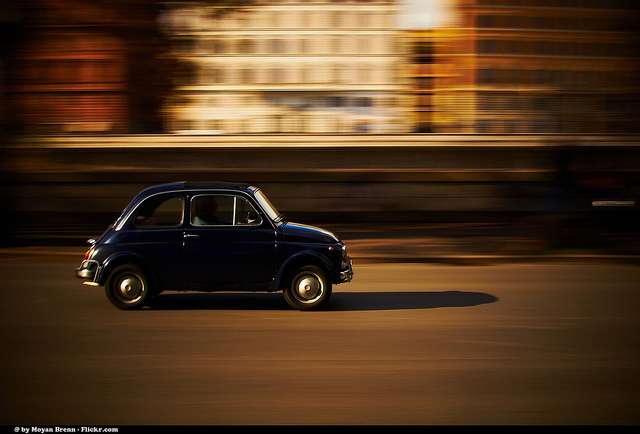
- Rent a car for travel in the countryside, walk or take a taxi in cities. You must be 21 to rent an economy or subcompact car, and most rental companies make those under 23 pay by credit card. If you want a bigger car you might have to show two credit cards.
- The expressways are free, but the highways are toll. Upon entering a toll highway you are issued a ticket which you return while paying at the exit of the highway.
- Uscita means EXIT in Italian.
- Parking spaces are often at a premium in crowded Italian cities. Fines for violations are high and strictly enforced. Towing is common. As a result it is best to leave your car in a guarded parking area.
- Driving is on the right. Right turns on red lights are forbidden. Headlights are mandatory when driving on all roads outside city limits. Seatbelts and children’s car seats are compulsory. Using a cell phone while driving is illegal.
- Italian traffic police can charge on the spot fines, so be prepared to pay. Penalties for drinking and driving are especially harsh, the blood alcohol level in Italy is much stricter than in the United States. DO NOT DRINK AND DRIVE. Penalties are heavy and police uses check points particularly on Friday and Saturday nights in main cities.
- Italians like to drive fast and honk their horns. Tailgating is the norm.
- The speed limits are 80 mph (130 kph) on highways, 70 mph (110 kph) on big out-of-town roads (called “tangenziali”, and quite uncommon), 45 or 60 mph (70 or 90 kph) on state and provincial roads, 30 mph (50 kph) inside cities/towns. Watch out for speed limits and Speed Traps! The fines can be up to 1,000 euro.
Travel Tips: Living on Italian Time
- Public toilets are available only in a few small towns. You can always use the toilet in a public bar however by law they have to give you access. It would be polite to have at least a coffee when you use the toilet.
- Banks are open weekdays 8:30 am to 1:30 pm and for aa couple of hours in the afternoon.
- Most churches are open from early morning until noon when they close for three to four hours before reopening again and close at 7 pm. A few major churches, such as St. Peter’s in Rome, are open all day.
- Many museums are closed one day a week, often on Monday.
- Pharmacies are generally open weekdays from 8:30 am to 1 pm and from 4pm to 8 pm, and Saturday mornings from 9 am to 1 pm. There’s at least one pharmacy in a certain area, open for emergencies.
- Most shops are open Monday to Saturday from 9 am to 1 pm and from 3:30 pm or 4pm to 7:30 pm. Clothing shops are generally closed on Monday mornings. Barbers and hairdressers tend to be closed on Sunday and Monday. Some tourist friendly stores in big cities such as Rome are open all day. Due to Italy being a Catholic country many stores are closed on Sunday.
- Gas stations on major highways are usually open 24 hours. Most gas stations tend to be open Monday to Saturday 7 am to 7 pm, but usually there’s a self-service.
- August is not a good month to travel because most of the nation is on vacation and everything comes to an almost standstill. It is also much more difficult to find a room in a hotel near the sea.
- We all know about Christmas, New Years, and Easter. But Italy celebrates other holidays as well: Epiphany (Jan. 6), Liberation Day (Apr. 25), Pasquetta (the day after Easter), May Day (May 1), Festival of the Republic (June 2), Ferragosto (Aug 15), All Saints Day (Nov. 1), Immaculate Conception (Dec. 8), Feast of St. Stephen (Dec. 26). Feast days for saints are also common in local cities as well. So if it seems like everything is extra quiet one day, it may be because everybody’s taking the day off to celebrate!
By Ron Turner – Editing by Paolo Nascimbeni





